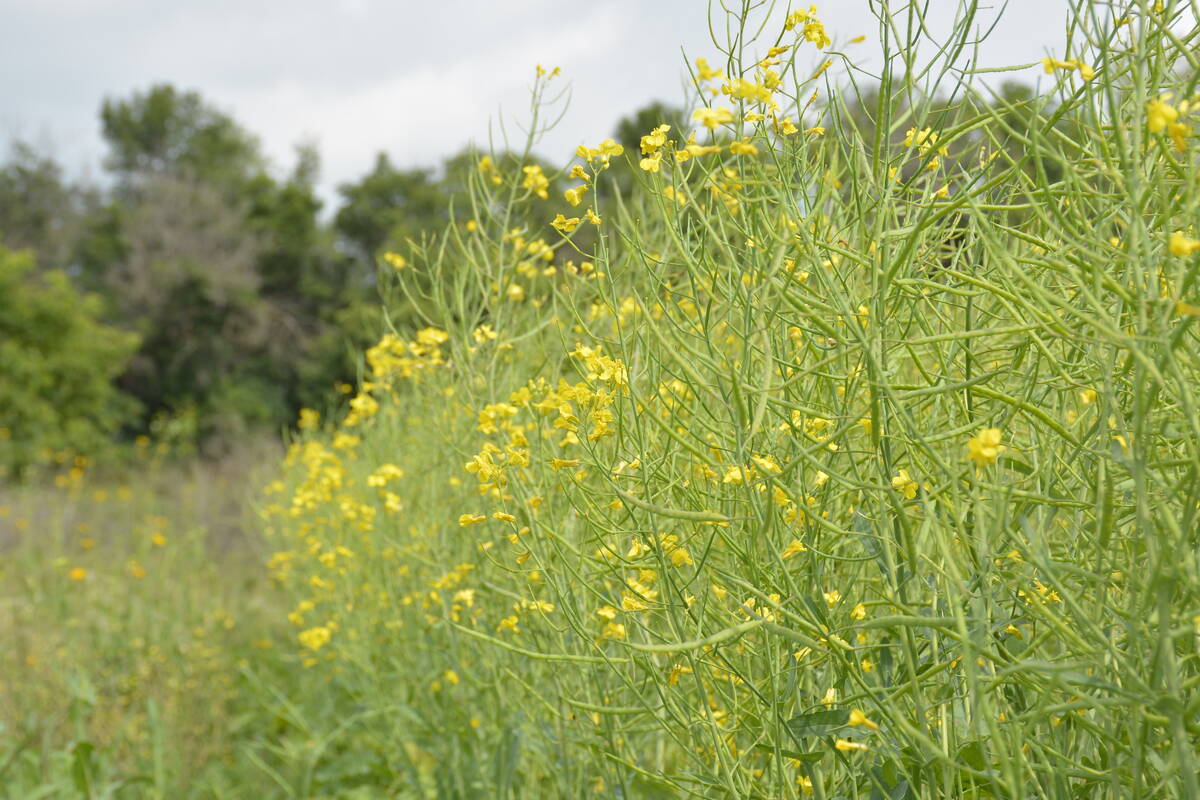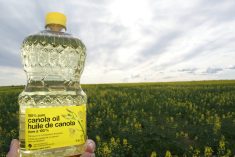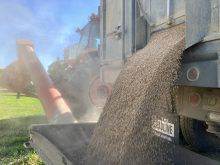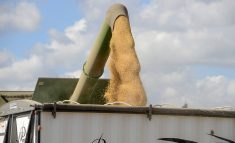Two factors are driving canola futures on the International Exchange in different directions: waning demand and dry conditions.
At one point, Canada was essentially running out of the oilseed thanks to the canola export program this marketing year running far ahead of last year, plus improved domestic use. It’s also believed there is very little canola left in farmers’ bins.
Prices had to rise, with demand rationing needed to avoid stocks getting too low. That appears to have worked, at least for the short term.
Read Also
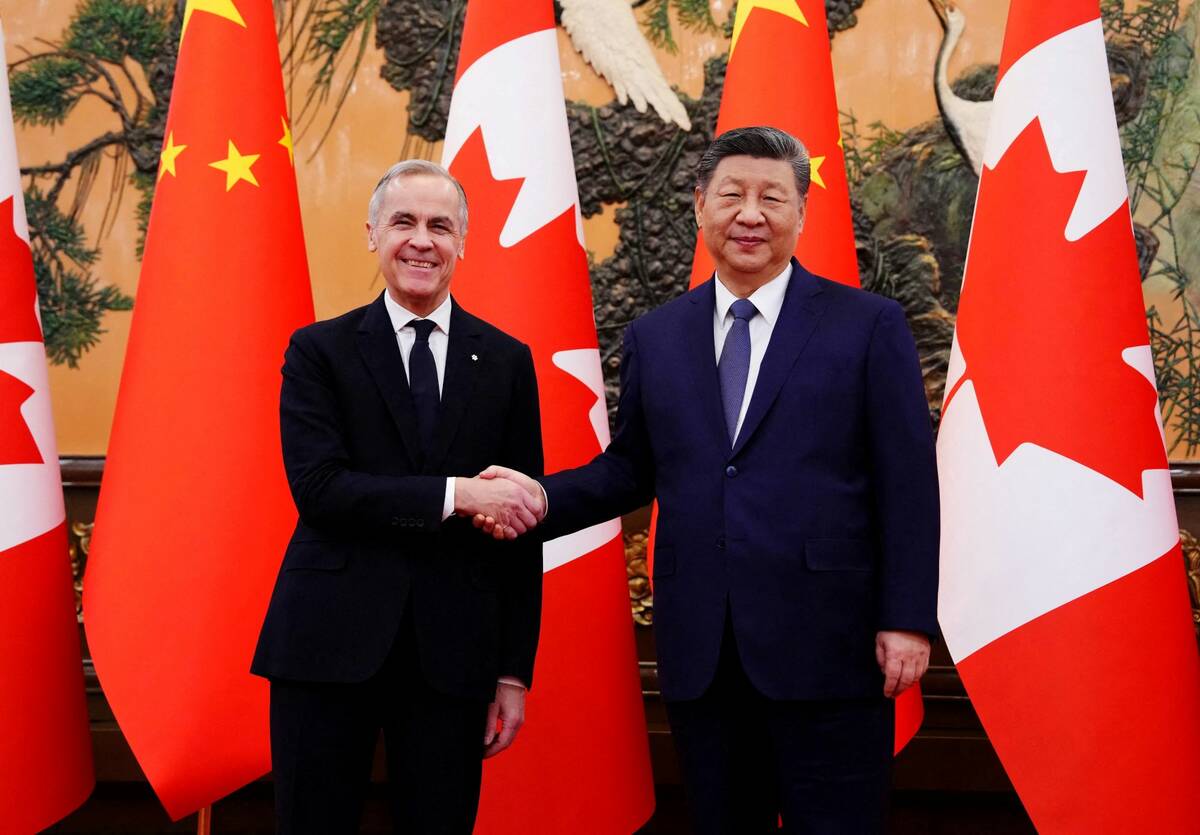
Pragmatism prevails for farmers in Canada-China trade talks
Canada’s trade concessions from China is a good news story for Canadian farmers, even if the U.S. Trump administration may not like it.
Meanwhile, the Canadian Prairies continue to contend with dry conditions. Despite decent snow cover plus some rain, fields have been drying up across the region due to bouts of hot weather.
That weather pattern is set to extend into first half of June. One saving grace, hopefully, is that subsoil moisture levels are relatively good for now.
During the week of May 26, canola futures vacillated on the weather. One day, prices were up because it was hot and dry. The next day, prices were down because rain is in next week’s forecast.
As the 2024-2025 crop year winds down, one shouldn’t expect a great amount of canola being exported. There’s likelihood of exports being around Agriculture and Agri-Food Canada’s revised 8.5-million-tonne estimate.
The trade also continues to wait for clarity on the future of the United States biofuel tax credit program. While it’s evident the Trump administration isn’t made up of keeners when it comes to biofuels, many of their supporters grow soybeans for the country’s burgeoning biofuel industry.
Strong demand for soybeans also means strong demand for canola. Should the tax credit continue, it will be quite helpful for the oilseed’s prices.
Should the Trump administration axe the tax credit, then there could be doldrums ahead for canola.
Let’s also not forget China, which still has its 100 per cent tariffs on Canadian canola oil and meal. Seed has so far remained out of that quagmire, and hopefully will continue to do so. Should China want to play hardball with Canada, adding canola seed to the tariffs would be a huge blow.




